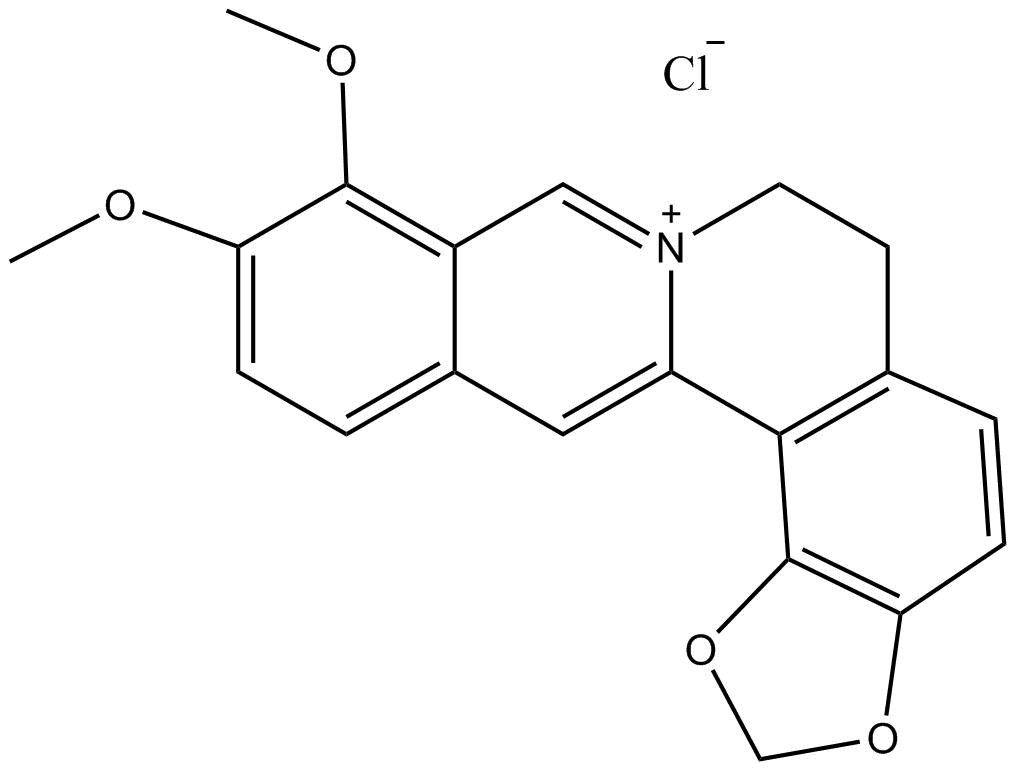Berberine HCl is a compound that is derived from various plants, including Berberis vulgaris (barberry), Coptis chinensis (Chinese goldthread), and Hydrastis canadensis (goldenseal). It has been used in traditional Chinese and Ayurvedic medicine for centuries.

Berberine HCl has gained significant attention in recent years due to its potential health benefits and therapeutic properties. It has been studied for its effects on various conditions and has shown promising results in several areas.
Benefits of Berberine HCl?
Here are some of the potential benefits of Berberine HCl:
- Blood sugar control: Berberine HCl has been extensively studied for its ability to help regulate blood sugar levels. It has been found to improve insulin sensitivity, reduce insulin resistance, and lower fasting blood sugar levels. As a result, it may be beneficial for individuals with type 2 diabetes or prediabetes.
- Cholesterol management: Berberine HCl has shown potential in lowering LDL cholesterol (the “bad” cholesterol) and triglyceride levels while increasing HDL cholesterol (the “good” cholesterol). It may also help reduce total cholesterol levels, which could be beneficial for cardiovascular health.

- Weight management: Studies suggest that Berberine HCl may aid in weight loss by affecting various mechanisms in the body. It may help reduce appetite, inhibit fat storage, increase fat burning, and improve metabolism. However, more research is needed to fully understand its effects on weight management.
- Gut health: Berberine HCl exhibits antimicrobial properties and may help fight certain pathogens in the gut. It has been used to treat gastrointestinal infections and has shown promise against bacteria, parasites, and fungi. It may also have anti-inflammatory effects in the gut.
- Anti-inflammatory and antioxidant effects: Berberine HCl has been found to have anti-inflammatory and antioxidant properties, which may contribute to its potential benefits in various health conditions, including cardiovascular diseases, neurodegenerative disorders, and certain cancers.
Berberine HCl is generally considered safe when taken at appropriate dosages. However, it can interact with certain medications, so it’s important to consult with a healthcare professional before starting any new supplement regimen, especially if you have existing medical conditions or are taking medications.
Where We Can Find Berberine HCl in Plants?
Berberine HCl is naturally found in several plant species, particularly in the roots, stems, and bark. Here are some plants that contain berberine:
- Barberry (Berberis vulgaris): Barberry is one of the richest sources of berberine. It is a shrub native to Europe, North Africa, and western Asia. The bark, roots, and berries of the barberry plant contain significant amounts of berberine.
- Chinese Goldthread (Coptis chinensis): Also known as Huang-Lian, Chinese goldthread is a perennial herb native to China. Its rhizomes contain high concentrations of berberine and have been widely used in traditional Chinese medicine.
- Goldenseal (Hydrastis canadensis): Goldenseal is a perennial herb native to North America. It has a long history of use in Native American traditional medicine. The roots and rhizomes of goldenseal contain berberine and have been valued for their medicinal properties.
- Oregon Grape (Mahonia aquifolium): Oregon grape is an evergreen shrub native to western North America. Its roots, bark, and berries contain berberine. It has been used in herbal medicine for various purposes, including digestive health and skin conditions.
- Phellodendron (Phellodendron amurense): Phellodendron is a tree native to East Asia. Its bark contains berberine and has been utilized in traditional Chinese medicine for its potential health benefits.
- Tinospora cordifolia: Also known as Guduchi or Giloy, Tinospora cordifolia is a vine-like plant native to tropical regions of India, Myanmar, and Sri Lanka. It is highly valued in Ayurvedic medicine, and its stems contain berberine.
These plants have been used in traditional medicine systems for various health conditions, and the presence of berberine is believed to contribute to their therapeutic properties.
